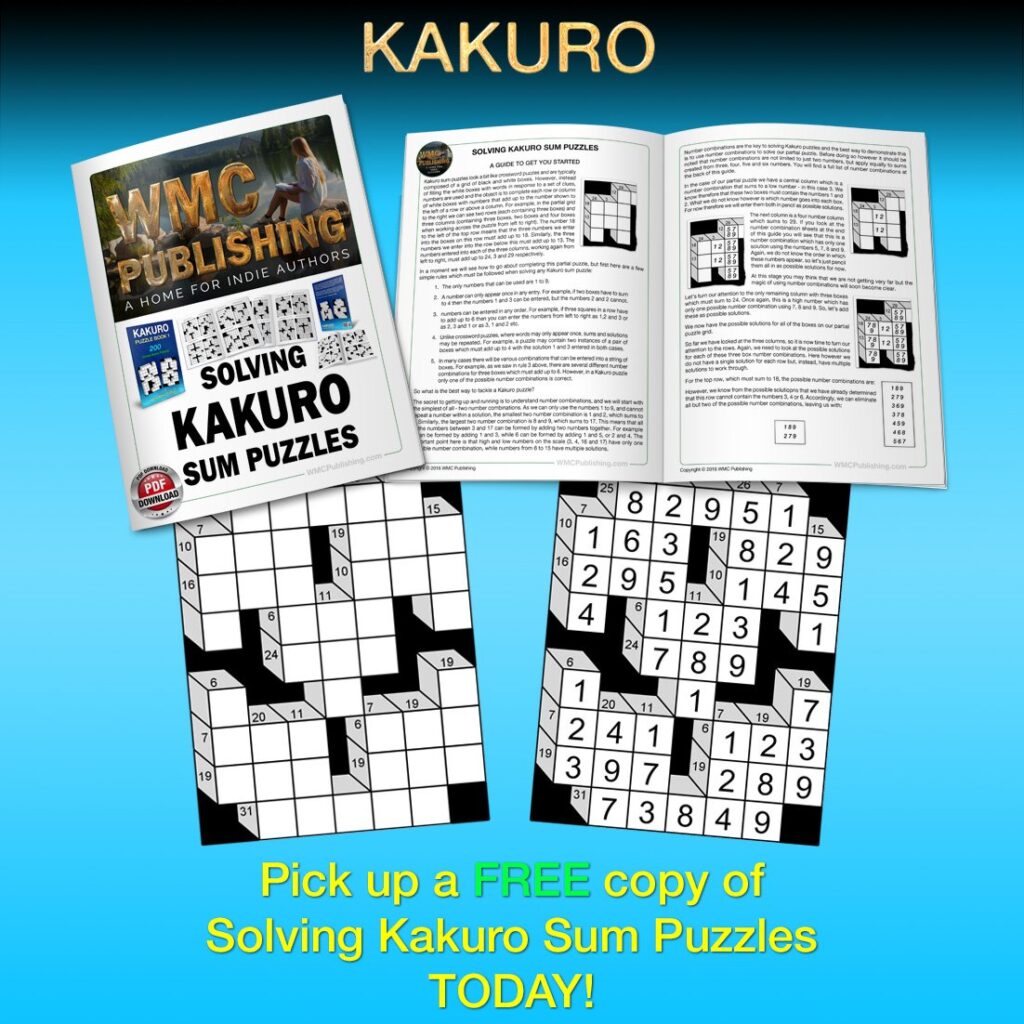
The history of the kakuro puzzle is similar to that of the sudoku puzzle in the sense that, despite its name, it did not originate in Japan. The kakuro puzzle that we are familiar with today was invented by Jacob E. Funk, a Canadian employee of Dell Magazines, in 1966. The puzzle was originally named […]
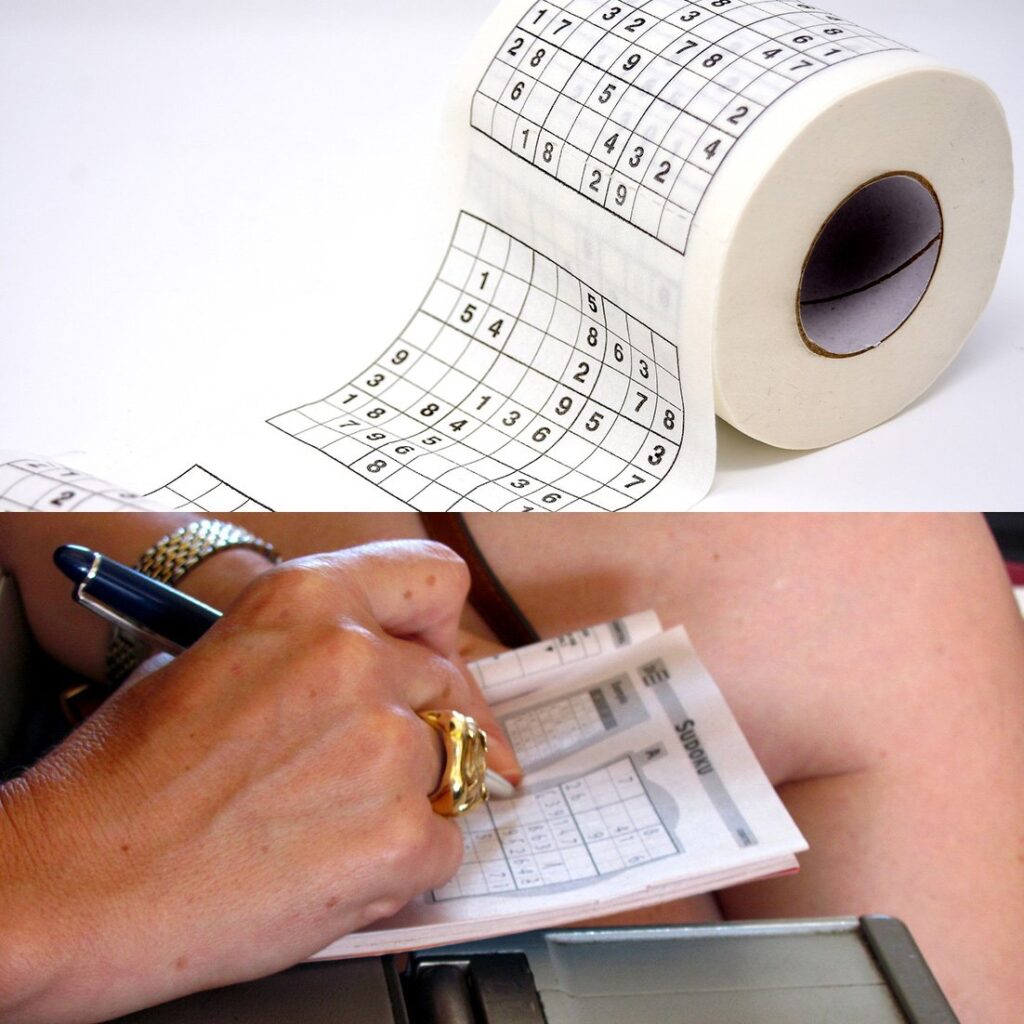
Sudoku puzzles can trace their history clear back to the end of the 18th century when a Swiss mathematician devised a game called “Latin Squares”. Then, at the end of the 19th century, these number puzzles came into wide use with their publication in newspapers in France. However, the number puzzle we know today as […]
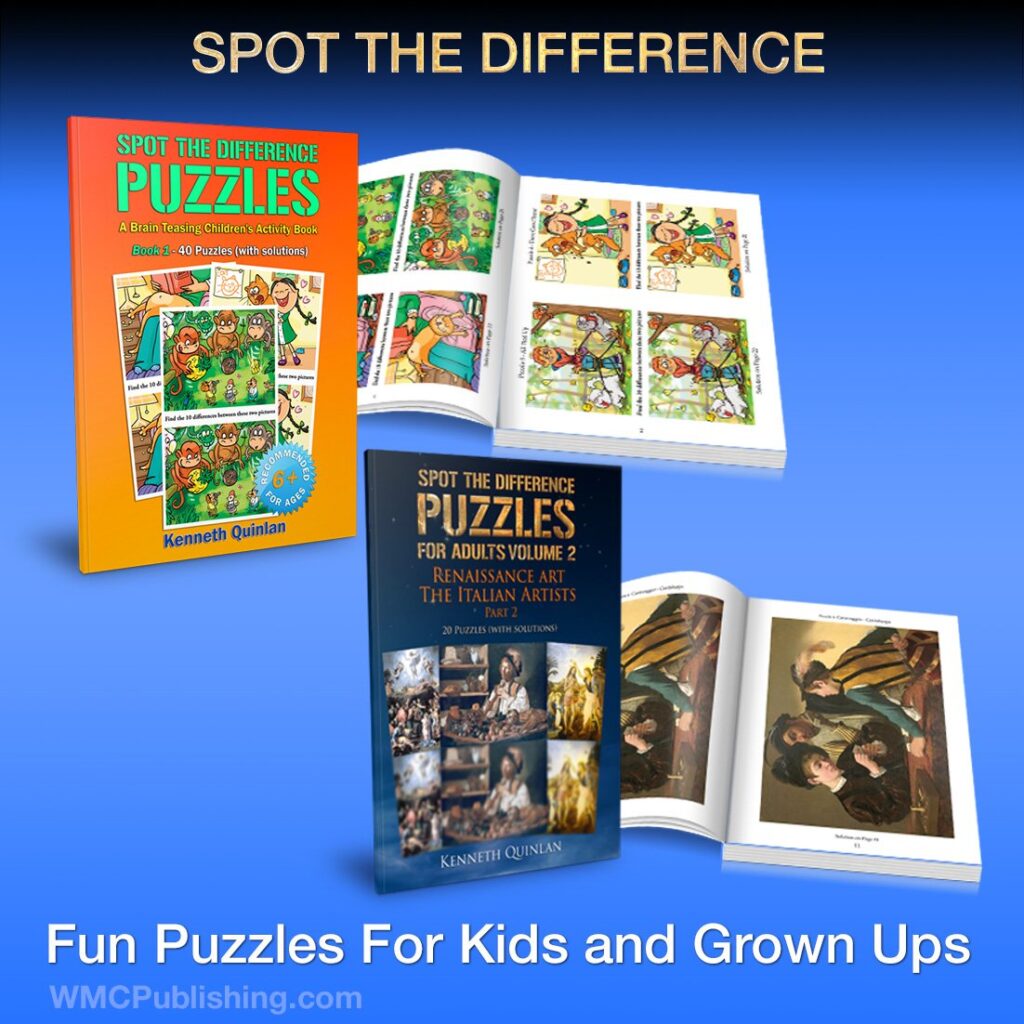
Spot the difference puzzles have been around for many years now and come in different levels of difficulty, so that it is possible to find puzzles that are suitable for all ages, from quite young children to senior citizens. Classed as a game of logic or a brain teaser, spot the difference puzzles require patience […]
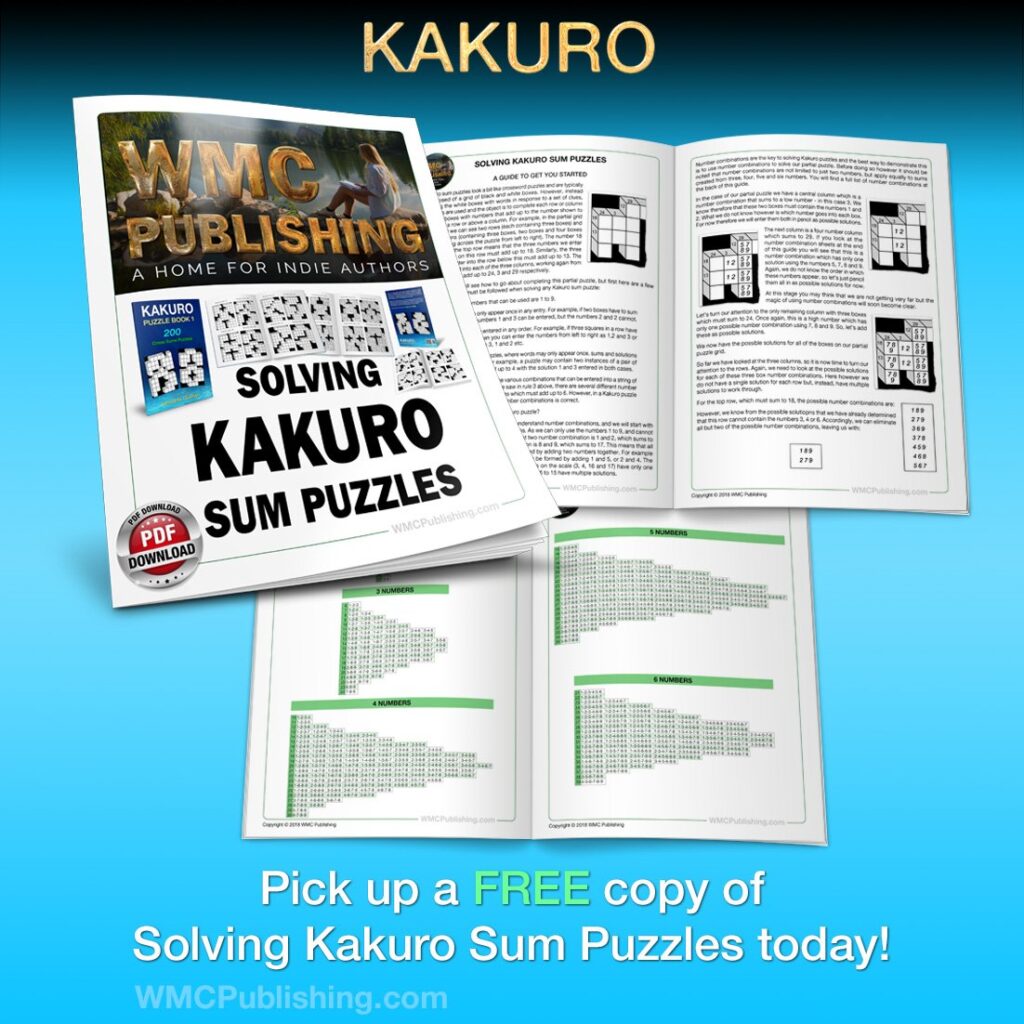
Perhaps the two most popular puzzles today are crossword and sudoku puzzles. It should not therefore be a surprise to learn that Kakuro puzzles, which are in essence a combination of crossword and sudoku puzzles, are also extremely popular today. A kakuro puzzle looks a bit like a crossword grid and is solved using […]
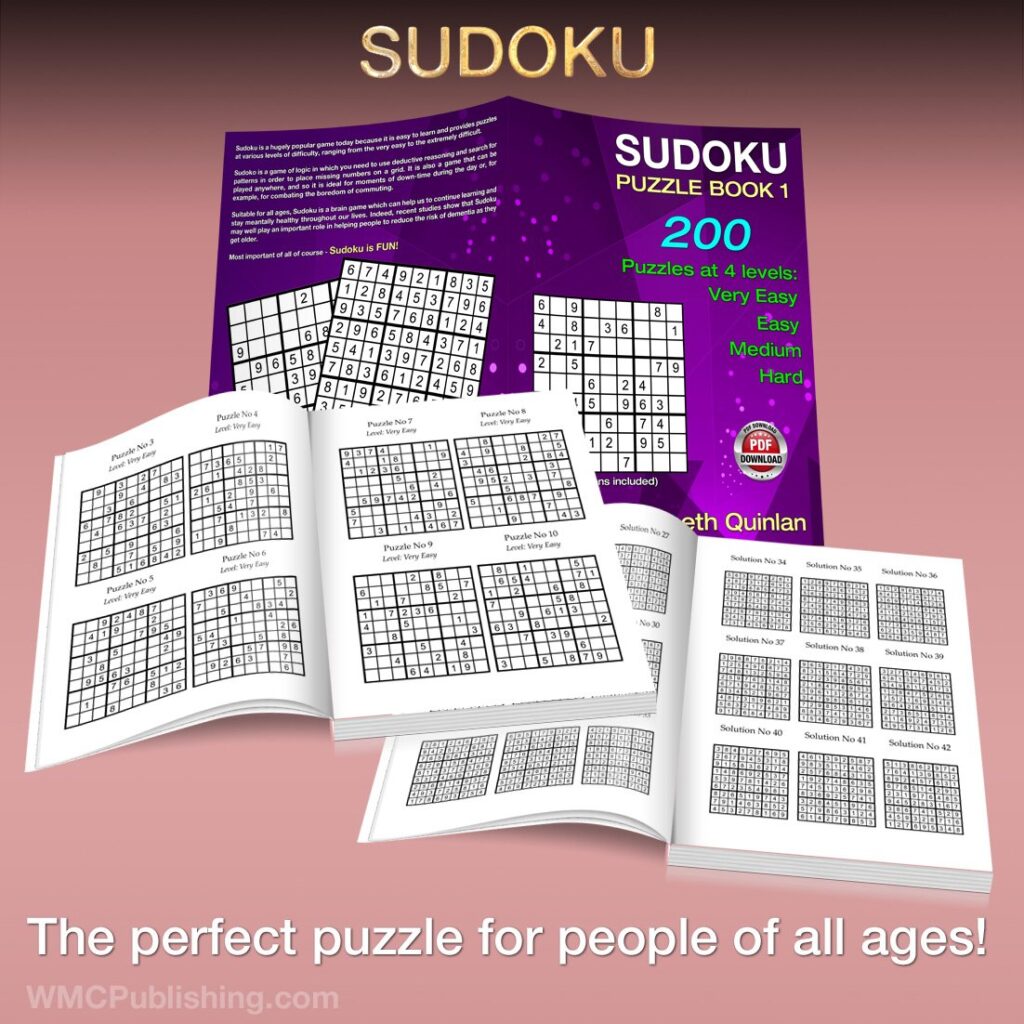
There are literally hundreds of different types of puzzle available today, but only a handful have really caught the imagination of people in any substantial numbers and reached the status of a puzzle craze. Sudoku is one such craze and today Sudoku puzzles rank right up at the top of the list, alongside crossword puzzles. […]
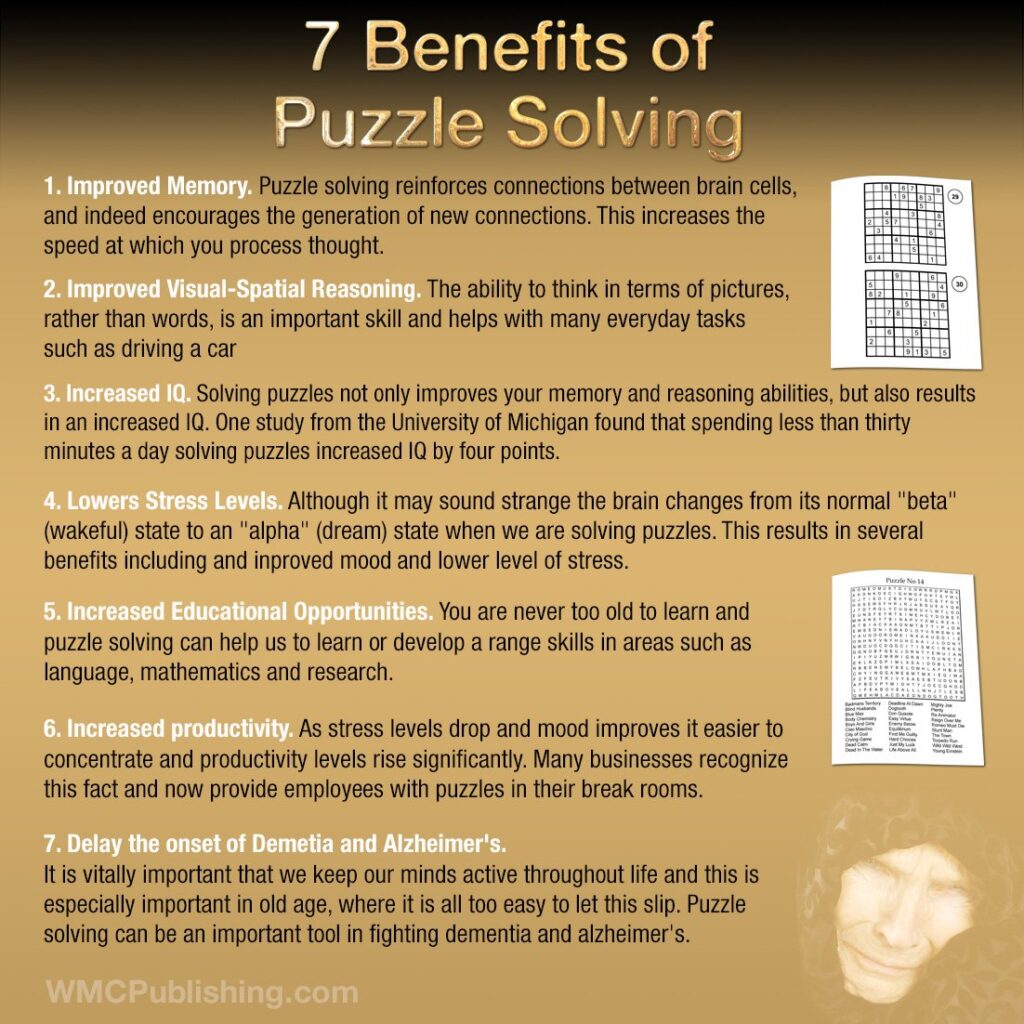
Solving puzzles is not just great fun, it can also be very good for you. Here are just 7 benefits of puzzle solving: 1. Improved Memory. Puzzle solving reinforces connections between brain cells, and indeed encourages the generation of new connections. This increases the speed at which you process thought. 2. Improved Visual-Spatial Reasoning. […]






